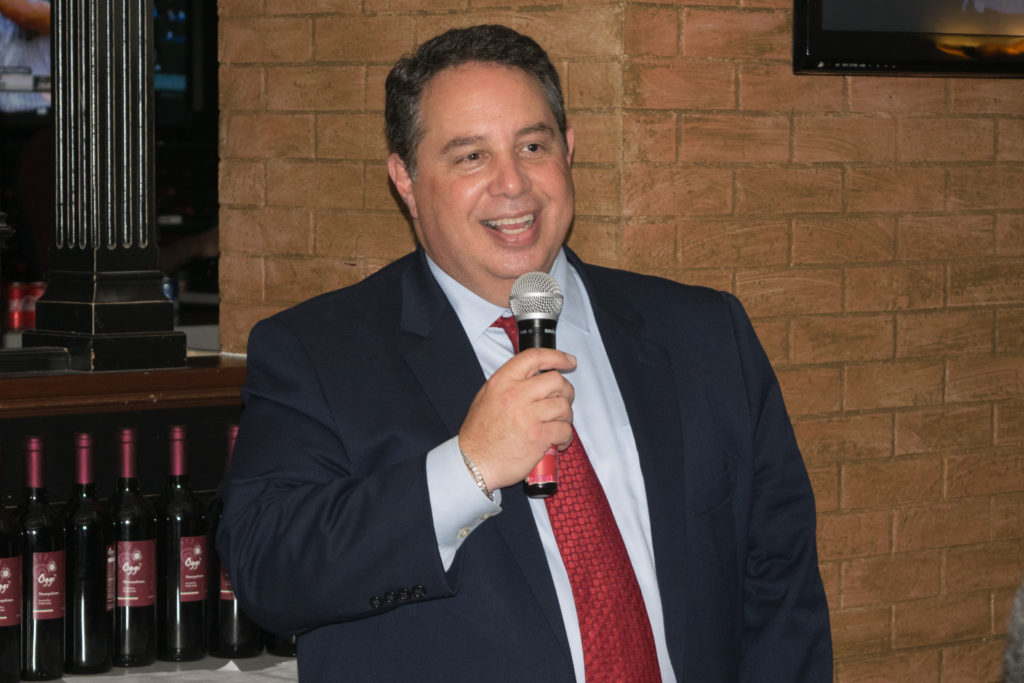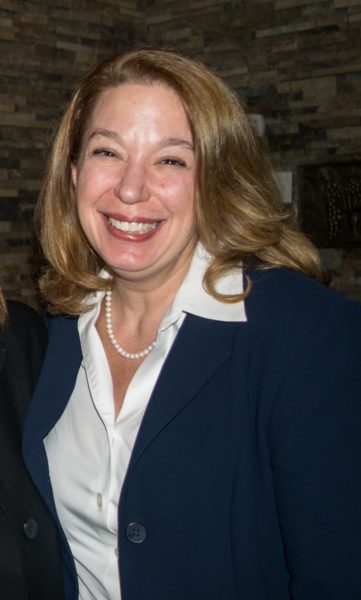Brooklyn attorneys struggle with closed courts and offices during COVID-19 pandemic

Photo: Rob Abruzzese/Brooklyn Eagle
Many small and medium businesses in New York City and Brooklyn have shut down in response to the coronavirus outbreak, and law firms for the most part are not immune. This has especially big implications for Brooklyn’s legal community, which is made up primarily of medium and small law firms and solo practitioners.
In the last two weeks, the Brooklyn legal community has nearly ground to a halt. With only a few exceptions, the courts are closed and law offices have been deemed non-essential. Lawyers and their staff are working from home but are very limited in what they can do.

“The coronavirus health crisis has really shown us all just how fragile life can be,” said Joseph Rosato, president of the Nathan R. Sobel Inns of Court. “Our worlds have been changed in a way we could never have imagined.

Brooklyn Boro
View MoreNew York City’s most populous borough, Brooklyn, is home to nearly 2.6 million residents. If Brooklyn were an independent city it would be the fourth largest city in the United States. While Brooklyn has become the epitome of ‘cool and hip’ in recent years, for those that were born here, raised families here and improved communities over the years, Brooklyn has never been ‘uncool’.